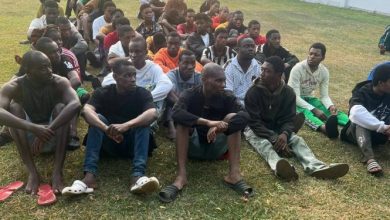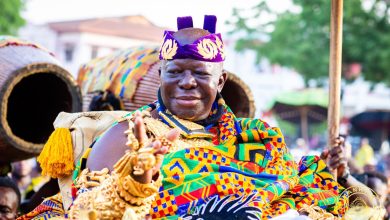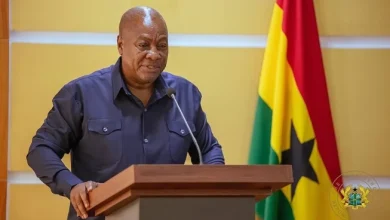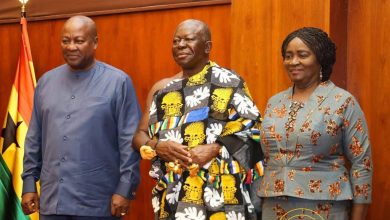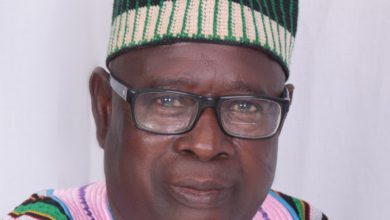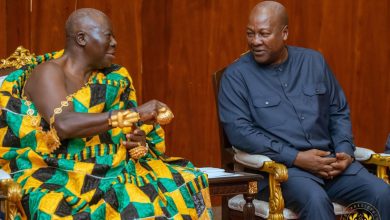Sammy Gyamfi Calls for End to Paralysis in Global Diamond Rules at Dubai Summit
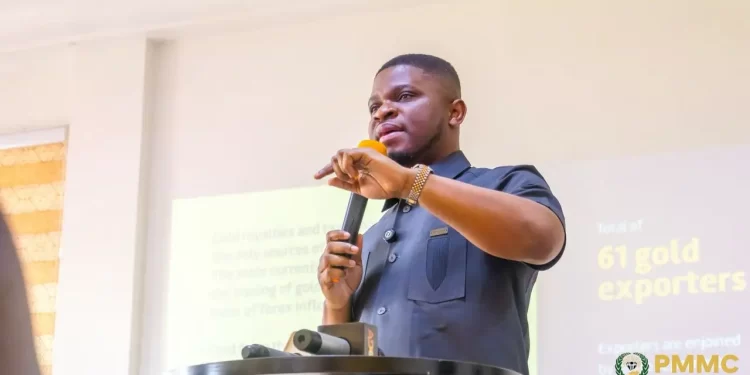
Chief Executive Officer of the Ghana Gold Board, Sammy Gyamfi, has declared that the Kimberley Process (KP) risks irrelevance if it fails to adapt to the modern realities of conflict and exploitation in diamond-producing regions.
Speaking at the Kimberley Process Ministerial Meeting in Dubai, UAE, on Thursday, Gyamfi delivered a stark critique, stating that while the KP was a “historic achievement,” its necessary reforms have stalled in the face of a fast-shifting trade landscape. “The nature of conflict has evolved. Conflict is no longer confined to rebel armies in the bush,” Gyamfi told the assembled ministers and delegates.
He added: “Today, diamond communities may not hear gunfire, but they feel the violence of exploitation, dispossession and exclusion.”
Expanding definition
His speech highlighted the growing moral imperative for the KP to expand its definition of “conflict diamonds” beyond its current focus on gems funding rebel movements. He argued that the human cost of inaction is rising, leaving many communities with the “scars of conflict, exploitation and exclusion.” “This cannot be the legacy of the Kimberley Process,” Gyamfi stated emphatically.
The CEO’s address came at a critical juncture for the KP, a certification scheme established in 2003 to prevent “blood diamonds” from entering the mainstream market. For years, the process has been deadlocked over proposals to broaden its definition to include diamonds linked to human rights abuses by state actors and other forms of systemic violence.
Difficult negotiations
Acknowledging the difficult negotiations, Gyamfi urged fellow delegates to find a compromise. “Consensus must be a path to progress and not a recipe for paralysis,” he said, warning against allowing “the quest for perfection to become the enemy of meaningful incremental reform.”
He called for a collective focus on areas of convergence to strengthen the credibility, relevance and moral authority of this process.
Reforms
Ghana’s position, as articulated by Gyamfi, signals a firm push from a key African nation for substantive, if gradual, reform.
He positioned Ghana as a bridge-builder, recognizing the legitimacy of the concerns in all proposals but insisting on the need for decisive action. “Let history record that this meeting chose renewal over stagnation and cooperation over narrow interest,” Gyamfi stated, adding, “and that we moved forward, even if by small but significant steps. Ghana stands ready to walk this path with you.”


